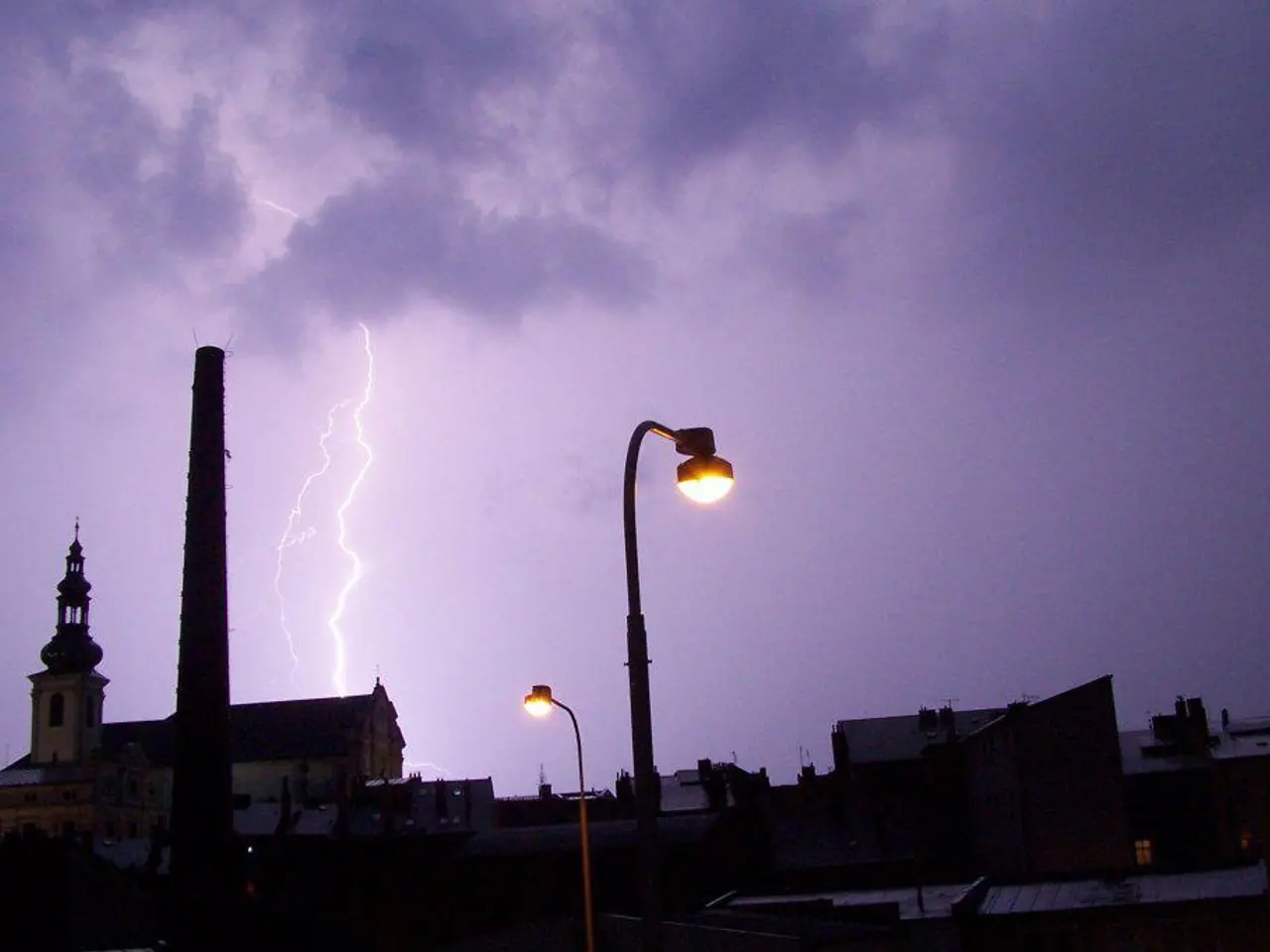Heat persists, taking a temporary break in its manifestation
Austria is bracing itself for significantly warmer temperatures in the long term, according to meteorologist Marcus Wadsak and former ARD moderator Jörg Kachelmann. The two experts have warned of increasingly hot summers with more frequent heatwaves, as well as changes in precipitation patterns leading to drier conditions in some regions and wetter conditions in others.
During a recent interview on ORF, the Austrian Broadcasting Corporation's main channel, Wadsak, a meteorologist with ZIB, the Austrian Meteorological Service, emphasised the importance of distinguishing between weather and climate. He noted that while the current temperatures in Austria may be within the long-term average, temperatures of 30 degrees are present in Finland and up to 50 degrees in Turkey, a clear indication of the warming trend.
Kachelmann, too, has been vocal about the changing climate. He described the current summer as a "modern climate change summer" and went on to say that it will be too warm in the German average, but with great variation between south and north. Regarding the summer of 2025, Kachelmann said that it will be too warm in climate change times, with no certainty about specifics.
Despite the current cooler temperatures in Austria, which have made the weather unstable due to the country being in a low-pressure trough, both experts maintain that the current cooler temperatures do not contradict the long-term climate change trend. Kachelmann had already written about this in May, expressing his displeasure with meteorologists who prematurely predicted a drought and heat summer in the spring.
Their predictions align with broader observations of climate change impacts across Central Europe, including intensified weather extremes. Historically, many Germans decided to go to the Mediterranean in the summer due to the lack of excitement on the coast. However, with the changing climate, Austrians and Germans may need to reconsider their summer holiday plans.
Kachelmann, however, remains unimpressed by the weather. He stated that no one knows how the summer will be, and record-suspicious rain amounts have fallen in a short time, further emphasising the unpredictability of the weather. The only certain statement according to Kachelmann is: "It will be too warm in climate change times."
Despite the challenges ahead, both Wadsak and Kachelmann urge caution and a continued focus on climate change awareness and adaptation strategies. As temperatures continue to rise and weather patterns become more unpredictable, it is essential for Austria and the rest of Central Europe to prepare for a warmer, wetter, and potentially more volatile future.
- What is the concern of meteorologist Marcus Wadsak and former ARD moderator Jörg Kachelmann? They warn about significantly warmer temperatures and changes in precipitation patterns in Austria, as part of a long-term climate change trend.
- How does Kachelmann describe the current summer? He calls it a "modern climate change summer," foreseeing it as too warm, with great variation between south and north.
- In line with their predictions, both experts urge caution and a focus on climate change awareness and adaptation strategies for Austria and Central Europe, as temperatures rise and weather patterns become more unpredictable.








